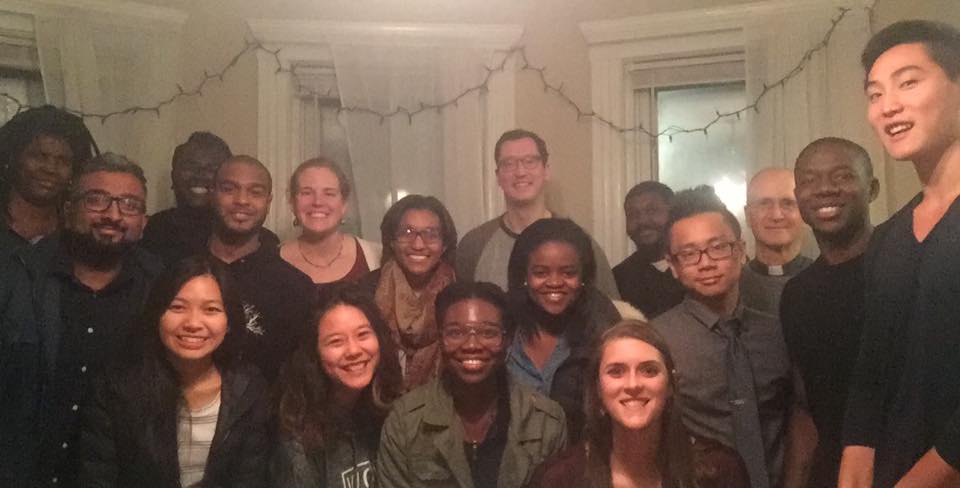
“The seeds of friendship are often sowed over table conversation. And once those seeds take root and grow, it simply feels right to join hands in serving the people of God together.”
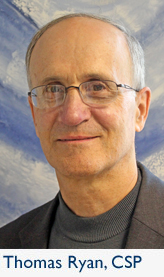
Father Tom Ryan, director of the Paulist Office for Ecumenical and Interfaith Relations in downtown Boston, is a guest blogger on UniteBoston this week. He has found UniteBoston’s Neighborhood Dinners to be an inspiring model for Christian unity based on his 42 years of work in this ministry, the fruits of which he shares in his recent book Christian Unity: How You Can Make a Difference that focuses on local-level ecumenism. He shares his understanding of the value of personal relationships towards building Christian unity that has been key throughout his life.
When I was growing up in Minnesota–what Garrison Kealer liked to call “Lutherland”—I went to Catholic grade school and high school, and then to a Catholic College in NJ, and from there to teach in a Catholic high school in CA. I never could have imagined when I entered the Paulist seminary a couple years later that my ministry after ordination would be in large measure devoted to unity among the followers of Jesus.
What happened? The Paulist Seminary was St. Paul’s College in Washington, DC, and the various theological colleges in the area were linked together through the Washington Theological Consortium, which enabled seminarians or students in any one college to take courses in another. Some of the students at Lutheran Theological Seminary in Gettysburg, PA, wanted to come to DC and benefit from this rich coalition of theological schools, but they needed a place to live. We had some available rooms at St. Paul’s College and told them they were welcome to come live with us.
Though I was a Minnesota boy, I had never really had much personal contact with Lutherans, and now, all of a sudden, we were going to be living together! We lived on common corridors, enjoyed social time together in the communal living room before supper, shared 3 meals a day at common tables, used the same in-house library, shared resources with one another in our academic work, and occasionally had common prayer services as well. Needless to say, relationships developed. We got to know one another at a deep level.
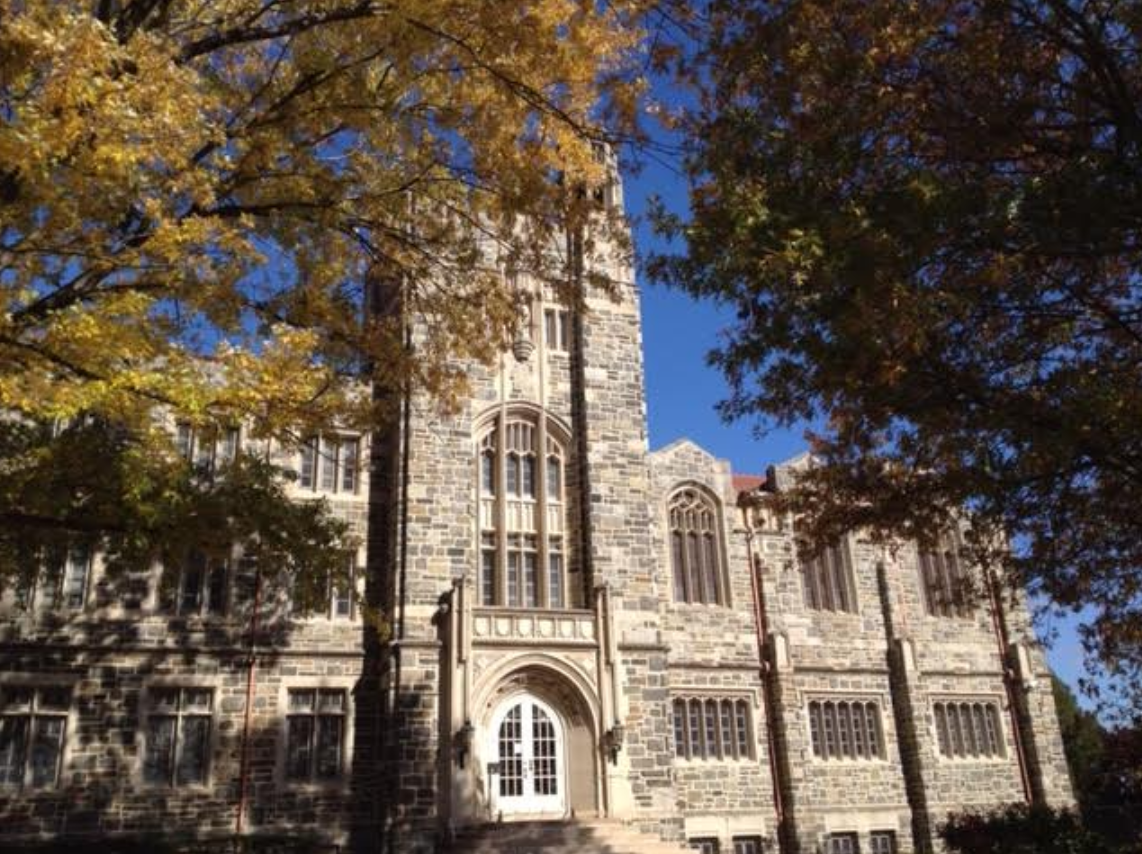
The experience of interdenominational life at St. Paul’s College motivated me to extend my own range of ecumenical experience further through the Washington Theological Consortium. I went and lived and took a trimester of biblical studies at the Episcopal Seminary in Virginia, which gave me an opportunity not only to get to know some Episcopalian seminarians, but to experience their prayer life with the Book of Common Prayer and other communal liturgies.
Getting to know brothers and sisters from other traditions of Christian faith, and becoming familiar with and developing an experiential appreciation for both our liturgical commonalities and distinctiveness felt right and good.
So after my ordination in 1975 when I was assigned to campus ministry at the Newman Center at Ohio State University in Columbus, I was delighted to discover that there was a Campus Ministers Association that provided opportunities to ministers from different denominations to live their unity through ecumenical shared ministry. One of the things I began doing each month was to invite students and their chaplain from other campus ministry centers to the Newman Center for an evening. One month it would be students from the Lutheran Center. The next month students from the Episcopalian Center. The following month from the Methodist Center, then from the Presbyterian Center, and so on.
And when they would come to the Newman Center to engage with a gathering of Catholic students, they would be invited to share with us what they love and find life-giving within their own tradition of Christian faith—sharings which elicited questions and discussion from the Catholic students. And then, we would invite the guest students to share any questions they might have about Catholics and their faith and practice. Needless to say, these forums engendered very rich and personal sharing between the students about their faith experience.
After three years at Ohio State, I had the opportunity to live in another country and culture and learn another language, and decided to “go for it.” The opportunity was to direct the Newman Centre at McGill University in Montreal, QC. When I arrived at the Centre, I was surprised and pleased to discover that it wasn’t just occupied by Catholic chaplains. On one side of my office was the office of the Presbyterian chaplain, on the other side was the office of the Christian Scientist chaplain, and the receptionist was Romanian Orthodox! As you might surmise, this facilitated regular communication amongst us and provided yet another opportunity to live our unity through ecumenical shared ministries on campus.
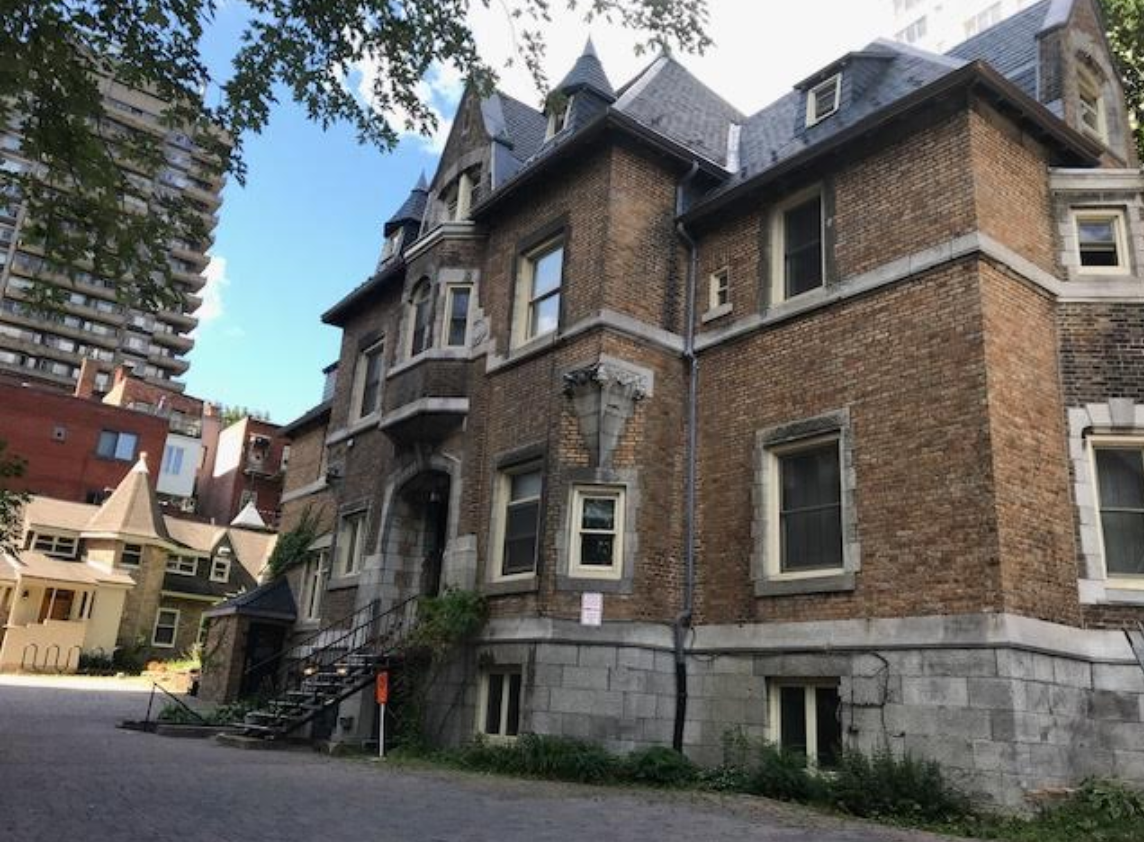
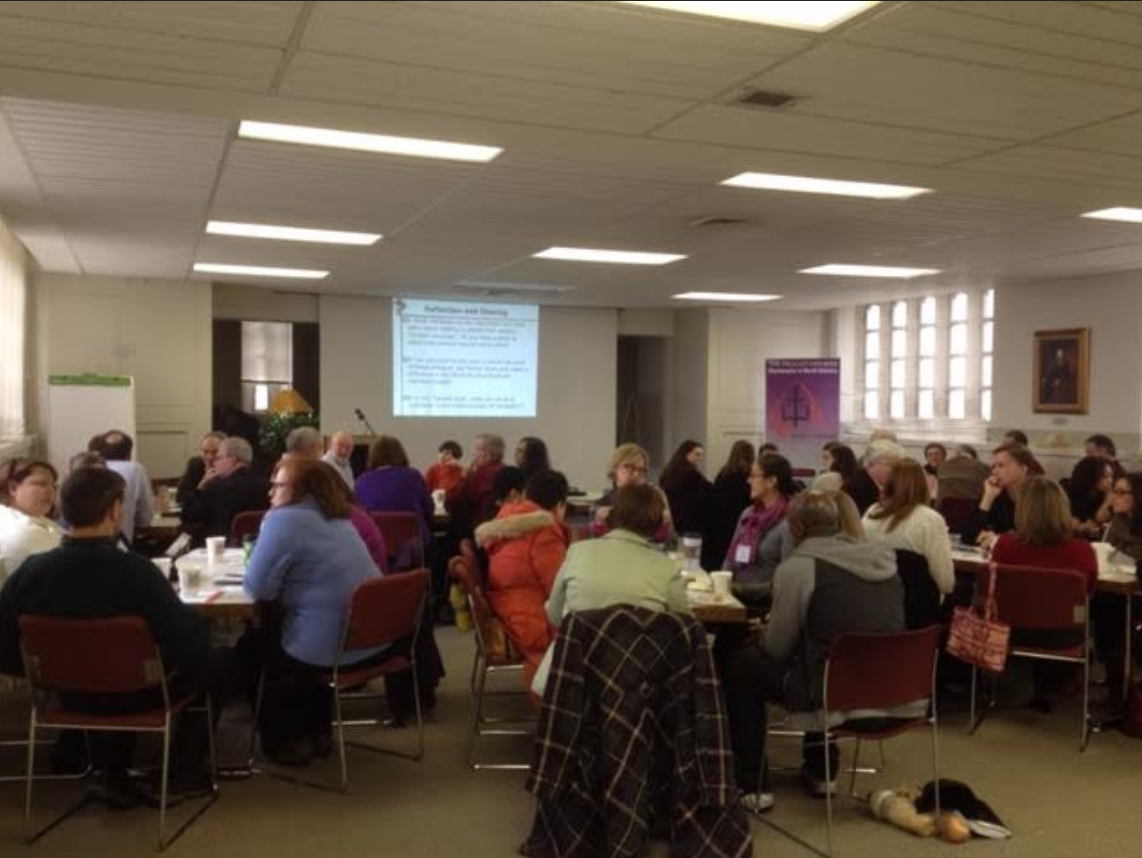
But it all begins with just getting to know one another. Everything works through relationships. And that is one of the significant contributions that UniteBoston is making with its neighborhood suppers. The seeds of friendship are often sowed over table conversation. And once those seeds take root and grow, it simply feels right to join hands in serving the people of God together.
Learn more about UniteBoston’s neighborhood dinners and the opportunity to build relationships across Christians at a local level here.
Leave a Reply